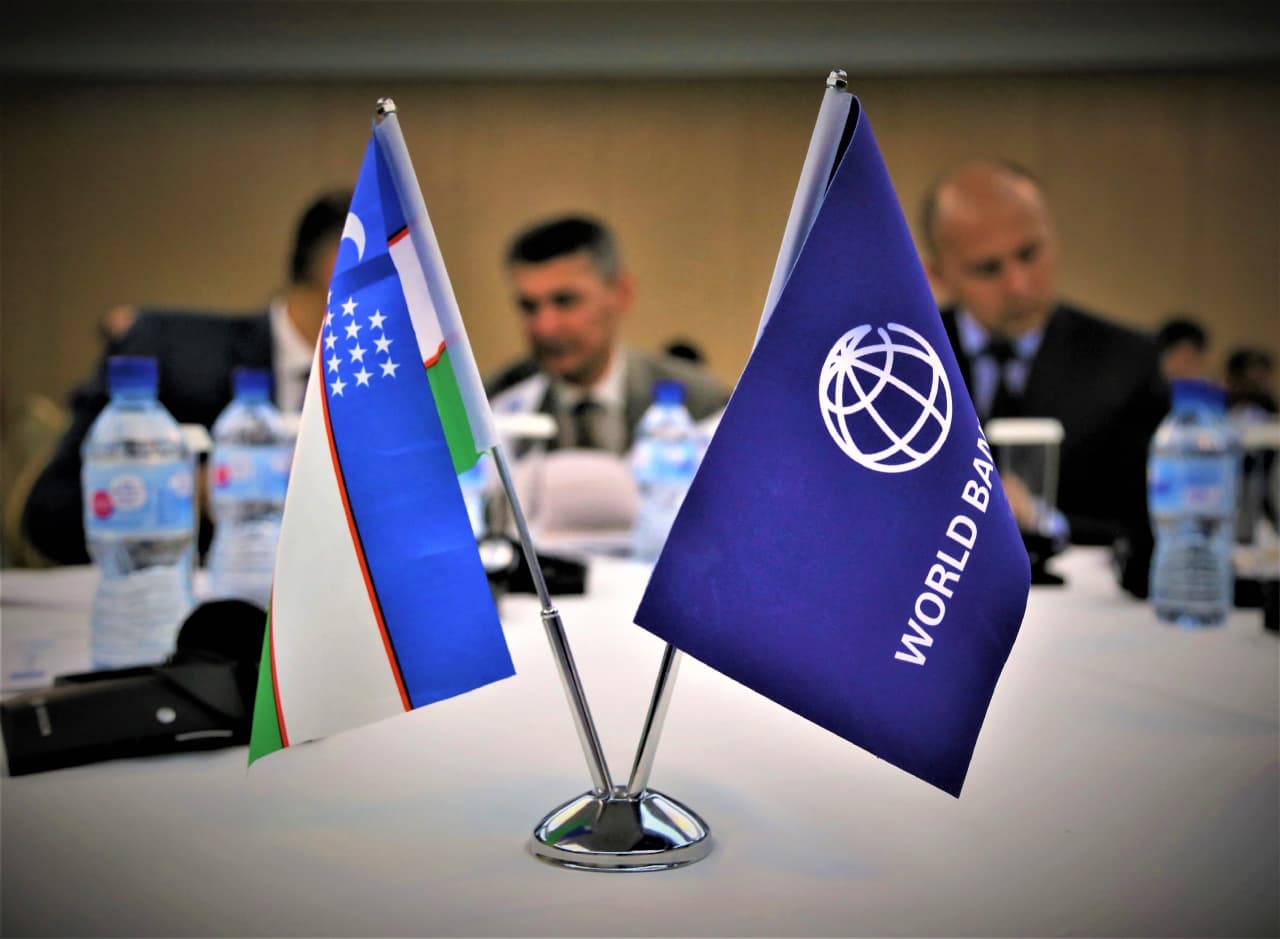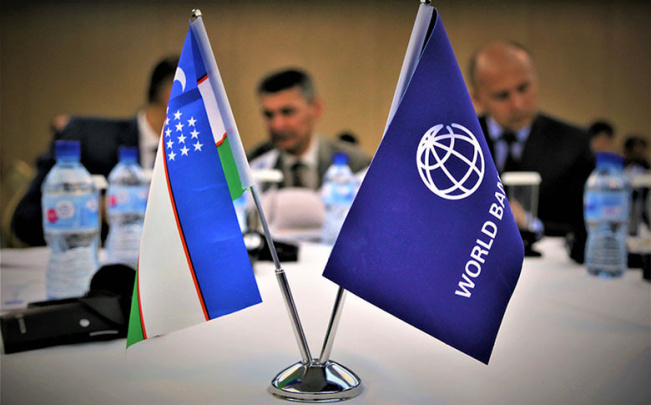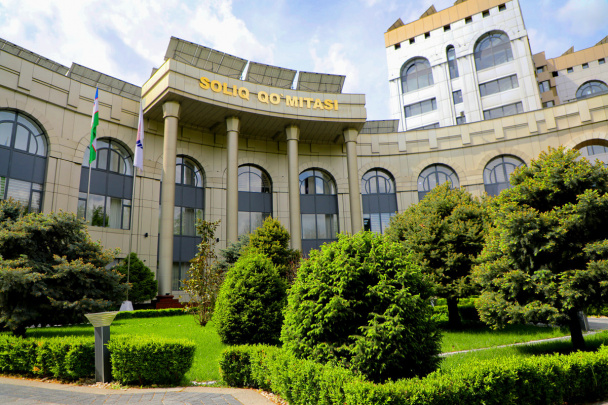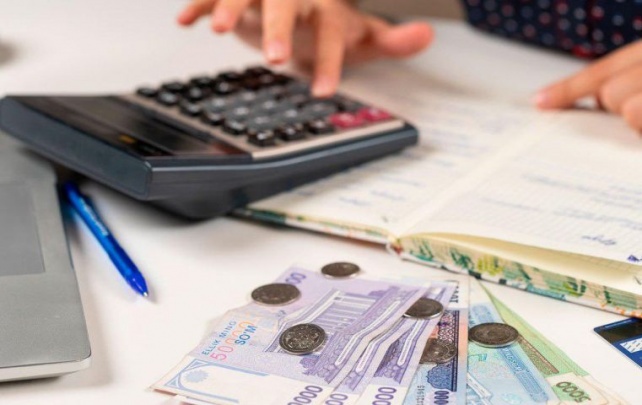WB approves $60 million loan to reform tax administration of Uzbekistan
The Board of Executive Directors of the World Bank approved a project on tax administration reform aimed at improving the operational efficiency and efficiency of the State Tax Committee (STC) and providing better services to taxpayers.

The project will be implemented through a $60 million preferential loan, provided by the International Development Association, a member of the World Bank Group, at a very low interest rate and with a maturity of up to 30 years.
“The government is giving priority to reforms in the tax administration system in order to improve the business and investment environment in the country. The new project will help the STC improve its activities in the interests of taxpayers,” said Marco Mantovanelli, head of the World Bank’s office in Uzbekistan. “In particular, the project will expand the tax base, which will reduce the shadow economy, which is currently estimated at about 50% of GDP, increase tax revenues, and also help local firms and companies create new jobs using a more effective tax administration system.”
The project includes three key components that will contribute to the development of the operational, institutional, technological and personnel potential of the STC, as well as stimulate voluntary compliance with the requirements of tax legislation in Uzbekistan.
The first component of the project will allow STC to invest in the automation of the main business processes of tax administration. This includes the development of a new information system for tax management of the STC in order to reduce amount of paperwork and simplify the process of paying taxes by legal entities and individuals; upgrading information and communication technology infrastructure; establishment of a new data center; improving the capacity of upgrading information and communication technology units to manage and plan their activities.
The second component of the project will assist in the design and implementation of measures to reduce the shadow economy. This includes improving the enforcement capacity of the STC to detect and prevent tax evasion; encouraging businesses to comply with tax laws through the use of non-tax incentives; and developing cooperation with the private sector through the development of new or simplified tax policies and procedures to change taxpayer behavior.
The third component of the project is aimed at developing the human and institutional capacity of STC to attract qualified and competent staff. This includes a number of measures to improve STC personnel management policies and develop their capacity through continuous development of skills and training.
Recommended
List of streets and intersections being repaired in Tashkent published
SOCIETY | 19:12 / 16.05.2024
Uzbekistan's flag flies high on Oceania's tallest volcano
SOCIETY | 17:54 / 15.05.2024
New tariffs to be introduced in Tashkent public transport
SOCIETY | 14:55 / 05.05.2023
Onix and Tracker cars withdrawn from sale
BUSINESS | 10:20 / 05.05.2023
Latest news
-
Catering businesses in Uzbekistan demand compensation for power outages
SOCIETY | 19:28 / 14.07.2025
-
Abdulaziz Kamilov takes charge as Presidential Advisor on Foreign Policy
POLITICS | 19:26 / 14.07.2025
-
Sardor Umurzakov appointed Presidential Advisor on Strategic Development
POLITICS | 19:25 / 14.07.2025
-
Former Education Minister Hilola Umarova becomes Deputy Head of Presidential Administration
POLITICS | 19:16 / 14.07.2025
Related News

17:34 / 02.07.2025
Gov’t introduces automatic tax withholding for high-income self-employed drivers and couriers

17:16 / 02.07.2025
World Bank: Uzbekistan needs more exports, less state control to sustain growth

13:21 / 30.06.2025
Overpaid taxes can now be redirected to cover other tax obligations under new law

13:27 / 27.06.2025



